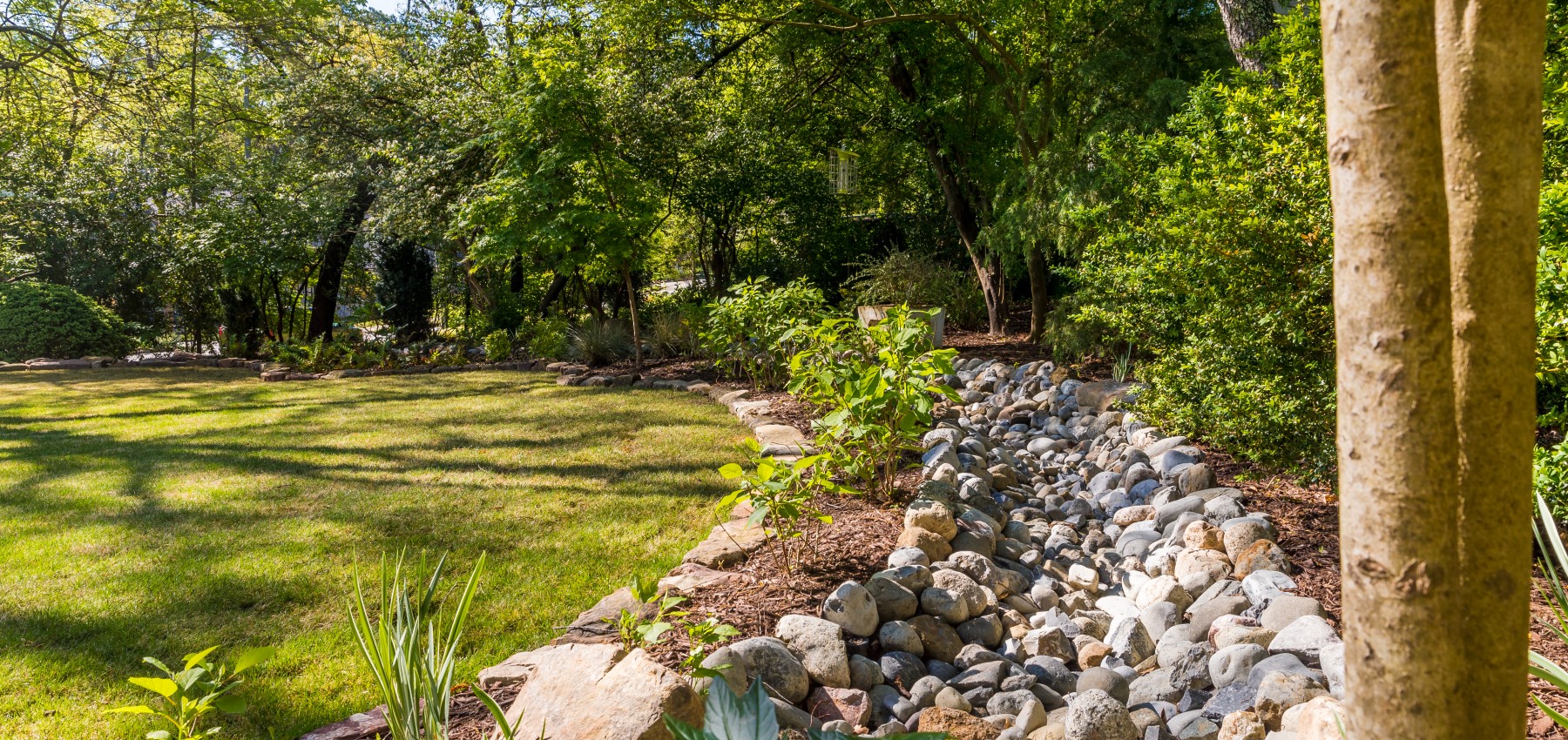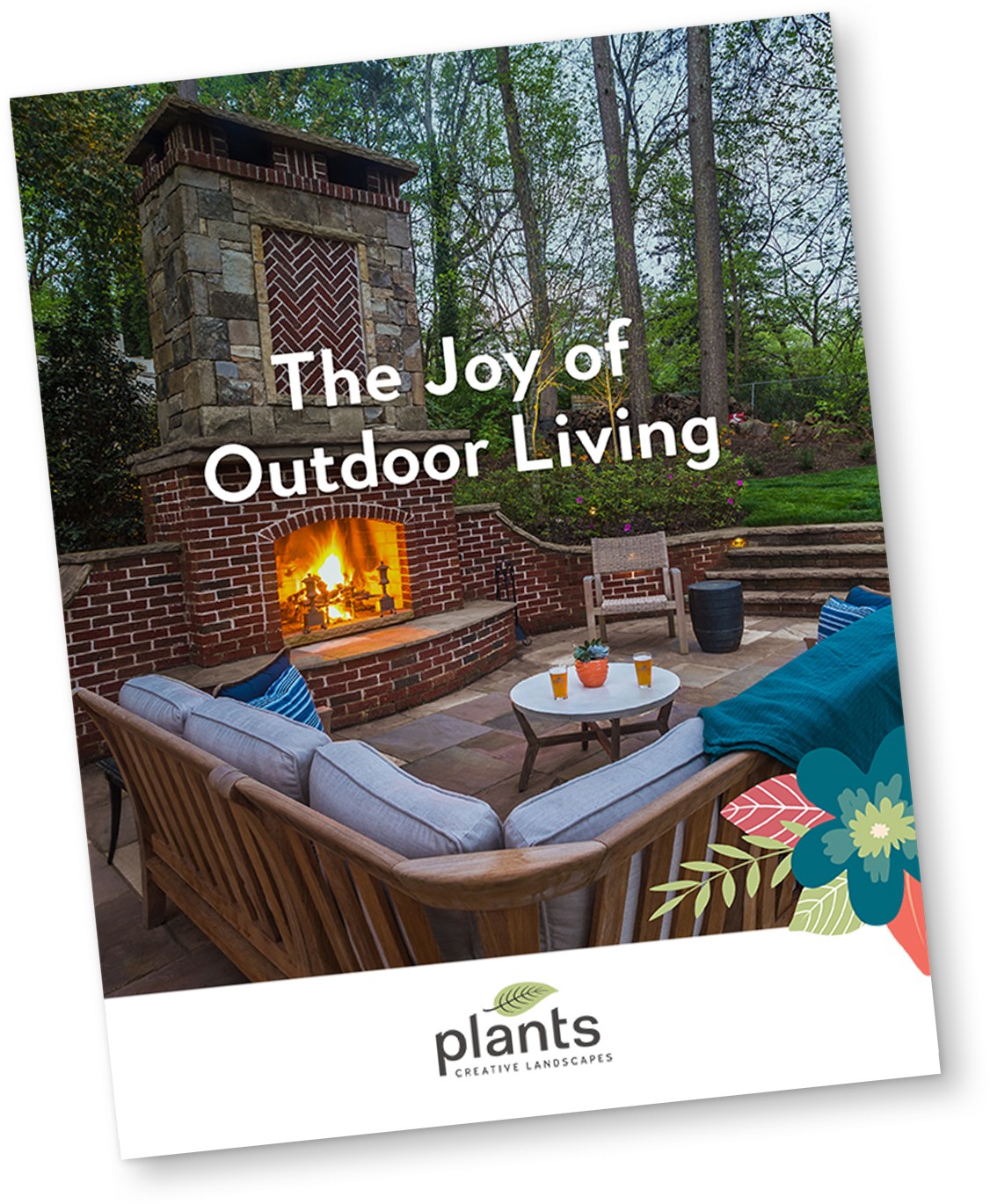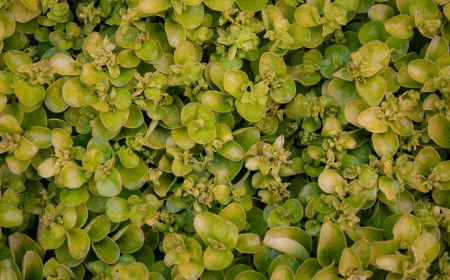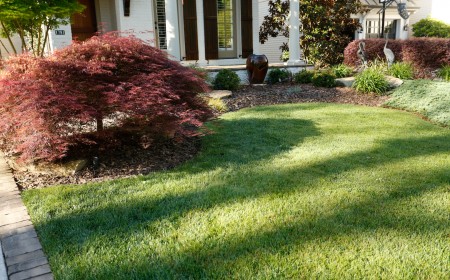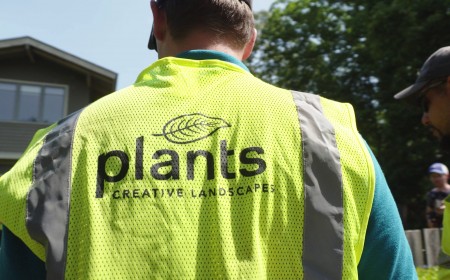If you live in Georgia, you’re no stranger to the summer heat — and you look forward to the afternoon thunderstorms as blessed relief. But relief can turn to dismay when you see your beautiful yard has turned into a soggy mess.
Thunderstorms dump excessive amounts of water onto your property in a short amount of time, and if your landscape has drainage issues it might not be able to handle the deluge.
And the summer of 2021 has proven to be far wetter than average — in fact, it's been recorded as the ninth wettest summer in over a hundred years — so if you're experiencing drainage issues on your property, you’re definitely not alone!
Why proper drainage is important
Water is life-giving — but too much of a good thing can have devastating effects on your home and property. With inadequate drainage, water can pool in your yard and create structural issues to your home, ruin your lawn and gardens and provide a haven for pesky insects.
Poor drainage can also affect how much enjoyment you get from your outdoor space. If the water damage is severe enough (as it was for the owners of this Avondale Estates home), one rainstorm could make it impossible for you to get outside for days.
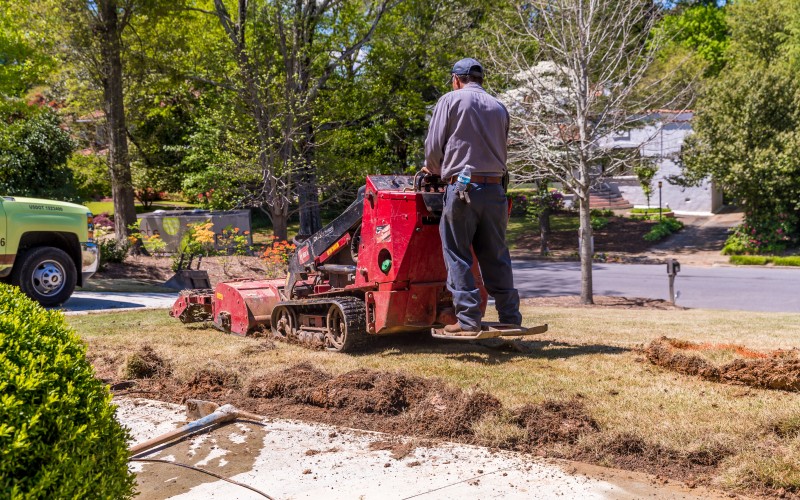
Common drainage issues (and how to solve them)
You don’t have control over how much it rains, but there are things you can do to prevent it from damaging your home and your garden. Here are a few things that can damage your home and gardens:
1. Improper grading.
If water is pooling around the foundation of your home it can cause major damage to your home’s interior finishes and the integrity of its foundation.
This is usually caused by poor grading, which means the slope is not sufficient to allow the water to flow away from your house. I’ve even seen cases where the gardens were incorrectly built up and the ground actually sloped toward the house!
To fix this problem, you need to improve the grade (slope) and make sure it slopes away from the house. At bare minimum you should have a five-degree slope on all sides of your house (if you’re not sure what a five-degree slope would look like, measure six feet from the foundation. The ground should be three inches lower than the ground next to the house).
You could also install a drainage system below the surface that includes a pipe and catch basin.
2. Heavy clay soil.
Georgia is known for its red clay soil; great if you’re making pottery but not the best for gardening. Clay soil simply can’t handle a heavy deluge of rain.
There are a few ways to fix this problem, the easiest being to amend the soil with organic material when planting. You should also make sure to choose a variety of native plants which thrive in clay soils. Adding additional ground cover would also help to soak up some of the excess water. Make sure the garden bed is properly graded so any excess water is directed away from your home.
Adding a French drain or dry creek bed as a special feature is another great, visually appealing way to direct the water away from your home. Both options involve digging a trench and covering it with river rock and gravel, but the French drain also has a perforated pipe buried beneath the surface to help redirect the water.
3. Hard surfaces.
You need to make sure hard surfaces (such as terraces, walkways or your driveway) have the proper slope.
This can be a bit trickier to rectify, since most people aren’t keen to rip up their patios and driveway. But if you have an issue with water runoff from a hard surface, there are things you can do to help, such as installing a retaining wall or french drain to direct the runoff away from your house and property.
If you are in the market for a new driveway, patio or walkway, you might consider using permeable pavers. These pavers are composed of a layer of concrete or fired clay brick and are separated by joints filled with crushed aggregate. The water seeps into the joints to the ground below rather than pouring off your pavement in sheets.
You don’t have to go it alone!
While there are a few things you can do to help address your property’s drainage yourself, often you need the help of a professional landscaping company experienced in dealing with these types of issues.
So, if you have to put on your rubber boots just to spend some time in your yard — and you’d like some help so you can enjoy your property again — reach out to our team at Plants Creative.
We’ll help you come up with a creative and beautiful solution to your drainage woes so your summer will never be a washout again.
